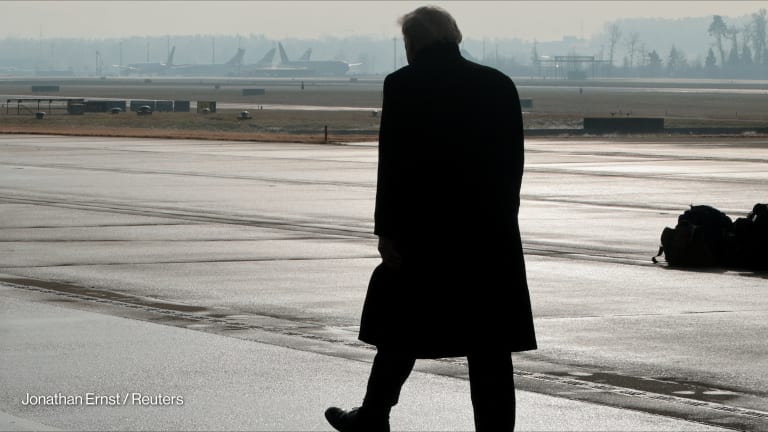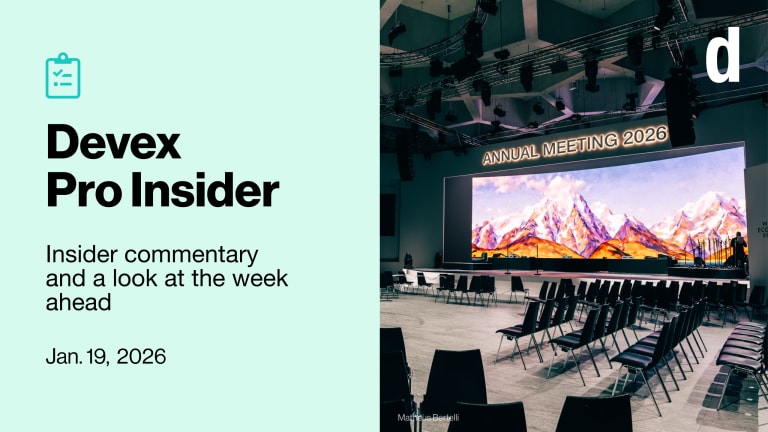
At this week’s World Economic Forum summit in Davos, income inequality is emerging as a key theme — and not a moment too soon.
In recent years, income gaps have widened in the United States and many other Western countries. They’ve sparked unrest and uprisings like last year’s Arab Spring. They threaten to deter investors eager to boost economic growth across Africa and beyond. And they will increase demand for foreign aid — demand that increasingly cash-strapped governments won’t be able to meet.
How can the global aid community reduce income inequality and work itself out of a job when there just aren’t enough jobs for aid recipients?
The annual “Global Risks” report names “severe income disparity” as one of the most serious risks to global peace and security. (Even more daunting, according to opinion leaders who participated in the survey, is the prospect of failures in global governance and climate change adaptation as well as unsustainable population growth and chronic fiscal imbalances.)
The report, spearheaded by the forum, calls for more transparency and trust, communication and collaboration. This should sound familiar to the aid community.
Transparency and trust, communication, and partnership are crucial at a time of rising income inequality especially within emerging economies like India, and the emergence of a “New Bottom Billion” of poor people living alongside a growing middle class.
Other buzzwords at Davos this week are leadership, investment and innovation. Bill Gates highlighted these themes — and especially the importance of innovation to improving the world — in his 2012 annual letter.
Meanwhile, according to a survey by the Economist Intelligence Unit, Africa is seen as the most attractive growth region for investors in the years to come.
“Africa was a destination for grants and aid but going forward it will be the destination for trade and investment,” said Mohammed Al Hashemi, CEO of Abu Dhabi government-owned Invest AD Asset Management, which commissioned the report.
“Private equity and infrastructure are expected to outpace commodities as the best asset classes for investment in Africa in the next three years,” Reuters reports.
That’s why the global aid community has a stake at Davos. As Arthur B. Keys, president and CEO of International Relief & Development, put it in an exclusive guest opinion for Devex: Davos is looking for new models; the development community has them. But we need to make sure that our voices are being heard.
Read last week’s Development Buzz.








